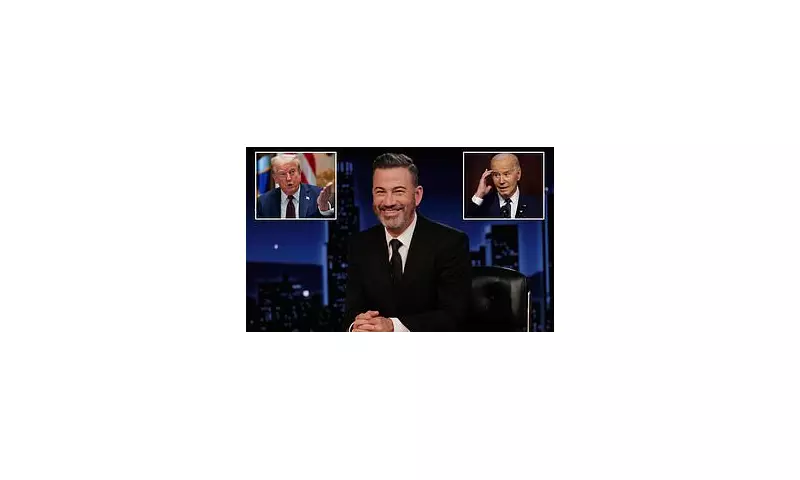
A comprehensive academic study has revealed the stark partisan divide in Jimmy Kimmel's late-night comedy, showing the ABC host delivered significantly more negative jokes about Donald Trump compared to Joe Biden during the 2024 election campaign.
The Numbers Don't Lie: A Statistical Breakdown
Researchers from the University of Delaware's Department of Communication analysed 120 episodes of Jimmy Kimmel Live! aired between September 2023 and June 2024. The findings were striking:
- 229 Trump jokes were overwhelmingly negative (95%), focusing on character and legal issues
- 76 Biden jokes were primarily about age and gaffes, with only 17% considered negative
- Trump received three times as many jokes overall compared to Biden
Beyond Entertainment: The Political Impact
Professor Danna Young, who led the research, emphasised that this isn't just harmless entertainment. "Late-night comedy serves as a primary news source for many Americans," she explained. "When hosts consistently portray one candidate negatively while giving another a pass, it shapes public perception in meaningful ways."
The study highlights how Kimmel's approach differs from contemporaries like Stephen Colbert and Seth Meyers, though all leaned Democratic. Kimmel's particular focus on Trump's character rather than policy positions stood out as particularly significant.
A Changing Landscape for Political Comedy
This research comes as late-night television undergoes substantial transformation. With traditional hosts like Kimmel and Colbert dominating the landscape, their political influence has never been more pronounced.
The study raises important questions about media responsibility in election coverage, even when disguised as entertainment. As Young noted, "Audiences should be aware that what they're watching isn't neutral—it's comedy with a distinct political perspective."
This analysis provides valuable insight into how entertainment media shapes political discourse during crucial election periods, potentially influencing voter attitudes through humour rather than straightforward journalism.






